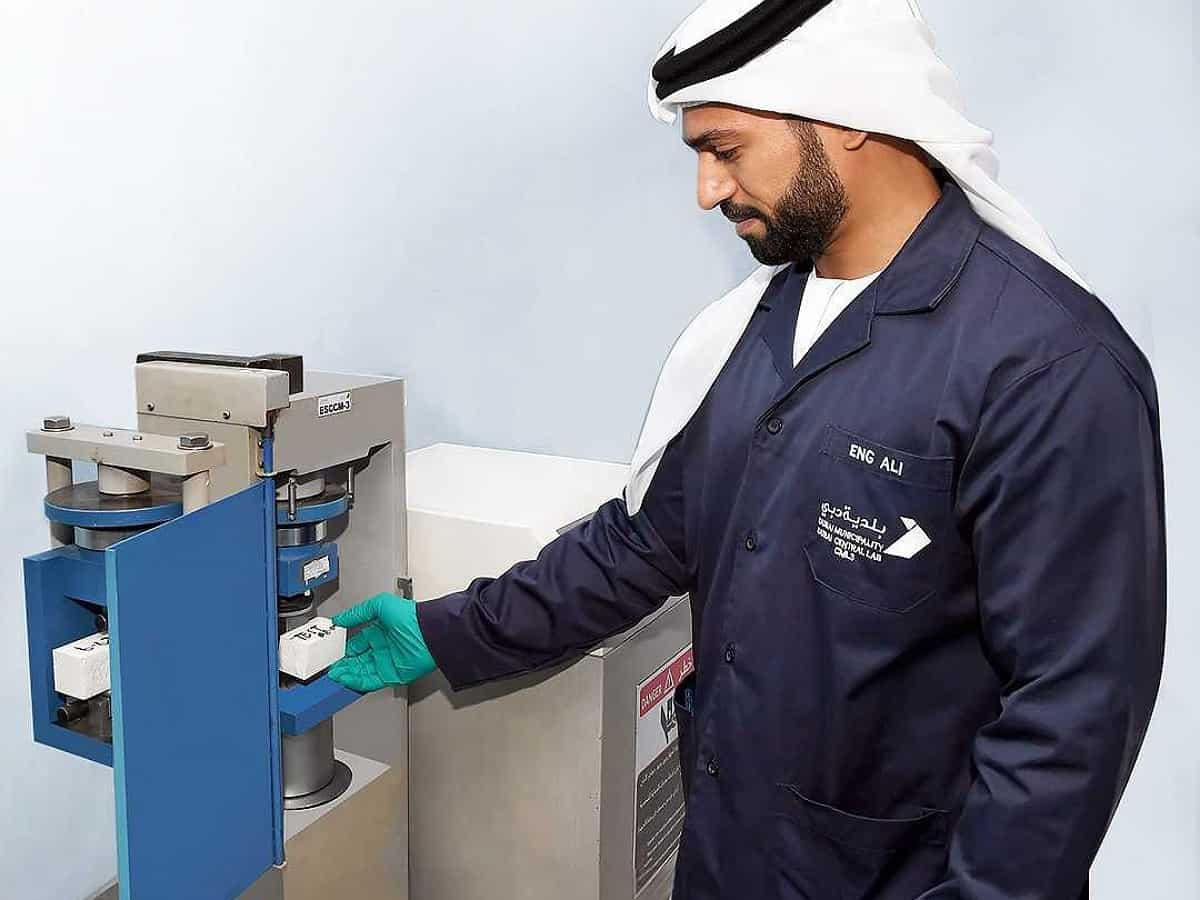
Abu Dhabi: Dubai Municipality has launched the world’s first system for Certification and conformity marks in the field of 3D printing in the construction industry, which will serve as a proactive measure to streamline procedures and improve the quality of concrete mixes used in factories licensed and operating in Dubai.
The step plays a pivotal role in advancing Dubai’s leading position as the world’s first city to adopt a conformity marking strategy for 3D printers used for construction and regulate this cutting-edge and sustainable construction technology.
Dawoud Al Hajri, Director-General of Dubai Municipality, said, “The certification and conformity mark system for factories and entities operating in the field of 3D printing for construction has been comprehensively established in alignment with Dubai Municipality’s proactive vision. This system embraces international best practices to provide exceptional services to both individuals and the community, thereby enhancing Dubai’s global reputation and aligning with Dubai Municipality’s strategic objectives outlined in Dubai’s 2030 Plan.
Additionally, the system supports Dubai’s 3D printing strategy, launched by His Highness Sheikh Mohammed bin Rashid Al Maktoum, Vice President, Prime Minister and Ruler of Dubai. The strategy aims to utilise technology for the advancement of humanity and position the UAE and Dubai as prominent regional and global hubs for 3D printing technology.”
“The new system is anticipated to make significant strides in the efforts to streamline practices and procedures for 3D printing and enhance the quality of concrete mixes used in licensed factories.” Al Hajri, added.
Alia Al Harmoodi, CEO of the Environment, Health, and Safety Agency at Dubai Municipality, highlighted that the main focus of the new system includes assessing product and raw material quality, ensuring the efficiency of manufacturing equipment and machinery, defining technical standards of manufacturing operations at every stage of production, and ensuring efficiency of management systems within factories.
“In line with its efforts, Dubai Municipality included an integrated guide on its website featuring four chapters that cover the key requirements to be met by factories and entities engaged in 3D printing for the construction sector. The guide, which has a flexible and relevant design, sheds light on various methods and technologies of manufacturing concrete used in 3D printers, while also considering different components and specifications of materials used by companies,” Al Harmoodi added.
Dubai Central Laboratory, with its team of experts, specialists, engineers, and technicians, will supervise the management of the new system in terms of product evaluation, auditing, and lab testing and issuing conformity certificates in accordance with approved technical principles and controls.
In recent years, the Laboratory has developed various certification and quality marking systems that have been instrumental in elevating product quality and ensuring consumer protection across Dubai. This includes conformity certification programs for ready-mix concrete factories, precast concrete factories as well as cement and chemical additive factories.
By integrating cutting-edge technologies like 3D printing, construction projects can yield numerous benefits such as reducing chances of errors, wastage of materials and natural resources used in mixtures like water, aggregate and cement, and accelerating work completion with minimum manpower.
